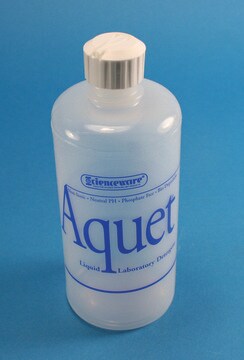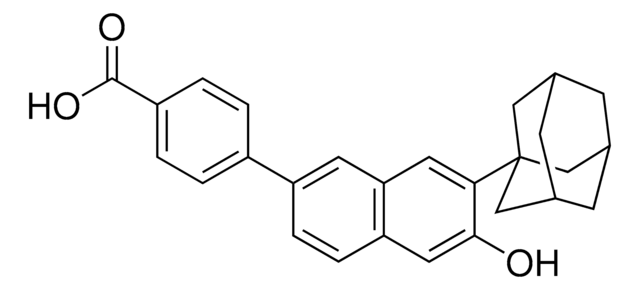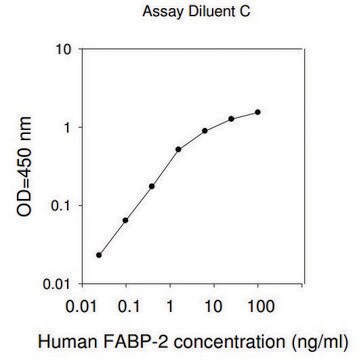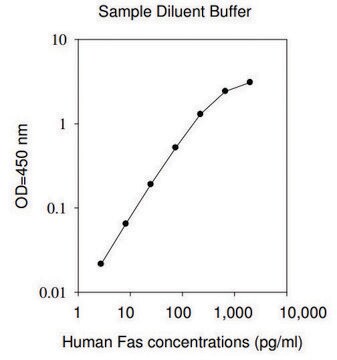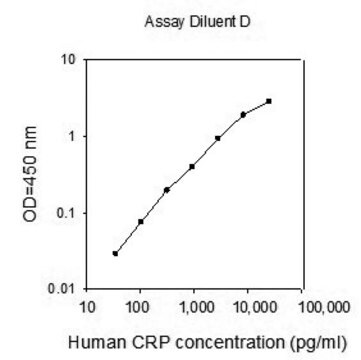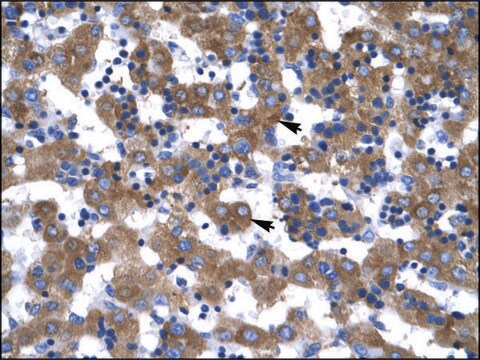SRP4503
FABP3 human
recombinant, expressed in E. coli, ≥98% (SDS-PAGE)
Sinonimo/i:
Fatty acid-binding protein heart, H-FABP, Heart-type fatty acid-binding protein, M-FABP, Mammary-derived growth inhibitor, Muscle fatty acid-binding protein
About This Item
Prodotti consigliati
Origine biologica
human
Ricombinante
expressed in E. coli
Saggio
≥98% (SDS-PAGE)
Stato
lyophilized
PM
~19 kDa
Confezionamento
pkg of 100 μg
Condizioni di stoccaggio
avoid repeated freeze/thaw cycles
Impurezze
endotoxin, tested
N° accesso NCBI
N° accesso UniProt
Condizioni di spedizione
wet ice
Temperatura di conservazione
−20°C
Informazioni sul gene
human ... FABP3(2170)
Descrizione generale
Azioni biochim/fisiol
Stato fisico
Ricostituzione
Codice della classe di stoccaggio
13 - Non Combustible Solids
Classe di pericolosità dell'acqua (WGK)
WGK 3
Punto d’infiammabilità (°F)
Not applicable
Punto d’infiammabilità (°C)
Not applicable
Scegli una delle versioni più recenti:
Certificati d'analisi (COA)
Non trovi la versione di tuo interesse?
Se hai bisogno di una versione specifica, puoi cercare il certificato tramite il numero di lotto.
Possiedi già questo prodotto?
I documenti relativi ai prodotti acquistati recentemente sono disponibili nell’Archivio dei documenti.
Il team dei nostri ricercatori vanta grande esperienza in tutte le aree della ricerca quali Life Science, scienza dei materiali, sintesi chimica, cromatografia, discipline analitiche, ecc..
Contatta l'Assistenza Tecnica.